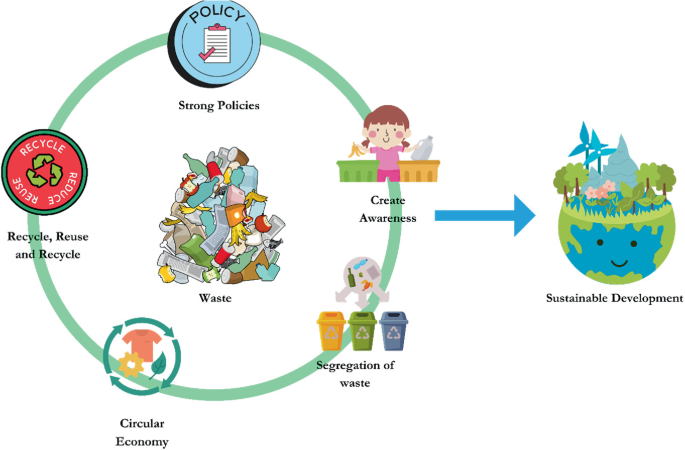Reclaim Waste Things To Know Before You Buy
Wiki Article
Reclaim Waste Can Be Fun For Everyone
Table of ContentsReclaim Waste Fundamentals ExplainedGetting The Reclaim Waste To WorkEverything about Reclaim WasteThings about Reclaim WasteWhat Does Reclaim Waste Mean?
Domestic sewer waste refers to the waste and items from a residential septic storage tank. The correct monitoring and disposal of domestic sewage waste call for liquid waste to be transferred to a sewer treatment plant where the appropriate approaches and equipment are applied to detoxify and dispose of waste.
Business waste frequently consists of prospective risks, such as flammable products or a mixture of fluid and strong waste items, and calls for an extra sophisticated and detailed disposal procedure. The disposal of industrial waste normally includes the filtering of waste prior to transportation to ensure secure and correct disposal. Industrial waste is created from results and drainage of commercial procedures and manufacturing.
This kind of waste can not utilize the exact same sewage administration transportation or procedures as septic or commercial fluids. The commercial waste administration process requires the assessment and screening of liquid waste prior to it undertakes the disposal procedure (industrial wastewater treatment). Runoff waste is the fluid waste that originates from runoff and excess stormwater in highly booming locations or cities
Runoff waste can trigger contamination and flooding if not taken care of effectively. Guaranteeing appropriate waste management can stop disasters and lower ecological injury.
The Basic Principles Of Reclaim Waste
Contact PROS Providers today to find out about our waste monitoring and disposal services and the correct ways to take care of the fluid waste you create.(https://reclaimwaste1.edublogs.org/2024/11/12/efficient-liquid-waste-removal-and-disposal-your-complete-guide-to-sustainable-waste-management/)Do you know what occurs to your water when you end, purge the toilet or drain pipes the cleaning maker? No? Well, it's worth understanding. This so-called 'wastewater' is not just a vital resource yet, after treatment, will be released to our land, rivers or the ocean. Made use of water from toilets, showers, bathrooms, kitchen area sinks, laundries and commercial processes is referred to as wastewater.

water used to cool equipment or tidy plant and devices). Stormwater, a kind of wastewater, is overflow that streams from agricultural and metropolitan locations such as roofing systems, parks, gardens, roads, courses and seamless gutters into stormwater drains, after rainfall. Stormwater streams without treatment straight to neighborhood creeks or rivers, eventually getting to the ocean.
Reclaim Waste - Truths
In Queensland, many wastewater is dealt with at sewage treatment plants. Wastewater is delivered from residential or commercial websites via a system of sewers and pump stations, called sewage reticulation, to a sewage therapy plant. City governments construct, keep and operate most sewage treatment plants. Operators are certified under the Environmental Security Act 1994 to discharge treated wastewater at an acceptable ecological standard right into waterways.The Department of Natural Resources advises city governments regarding managing, operating and preserving sewerage systems and treatment plants. In unsewered locations, city governments may require owners to mount specific or family sewer therapy systems to treat residential wastewater from bathrooms, cooking areas, restrooms and washings. The Department of Natural Resources authorises making use of family systems when they are proven to be efficient.
In some brand-new subdivisions, treatment of some stormwater to eliminate litter, sand and gravel has actually begun making use of gross contaminant catches. Wastewater therapy happens in 4 stages: Gets rid of strong matter.
Makes use of little living organisms recognizes as micro-organisms to damage down and get rid of continuing to be dissolved wastes and fine fragments. Micro-organisms and wastes are included in the sludge.
The Ultimate Guide To Reclaim Waste
Nutrient removal is not readily available at all sewage treatment plants because it needs expensive specialist tools. Clear fluid effluent created after treatment might still contain disease-causing micro-organisms - liquid waste removal melbourne.
This normally suggests wastewater needs to be dealt with or contaminants removed before it can be released to rivers. try this out Most wastewater flows right into the sewage system. Under the Act, city governments administer authorizations and licences for eco pertinent tasks (Ages) involving wastewater releases that might have a local impact. The department administers approvals and licences to ERAs including wastewater releases that might have a regional or statewide effect.
Reclaim Waste for Dummies
Tracking offers valid info regarding water high quality and can confirm that permit problems are being satisfied. The information obtained with tracking gives the basis for making water high quality decisions.Report this wiki page